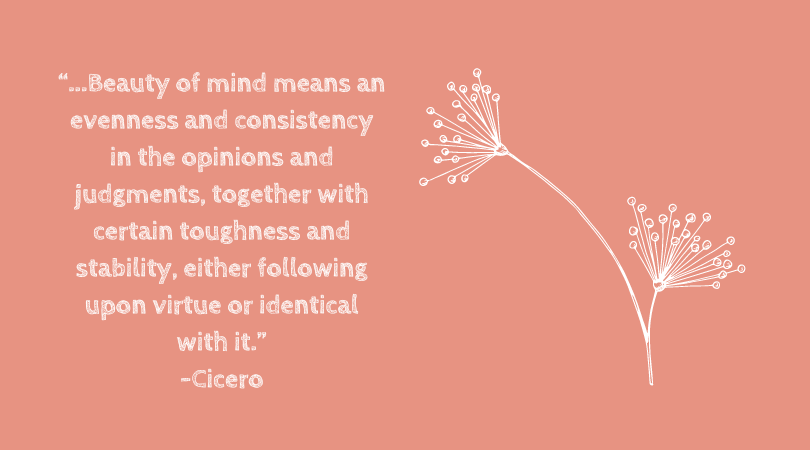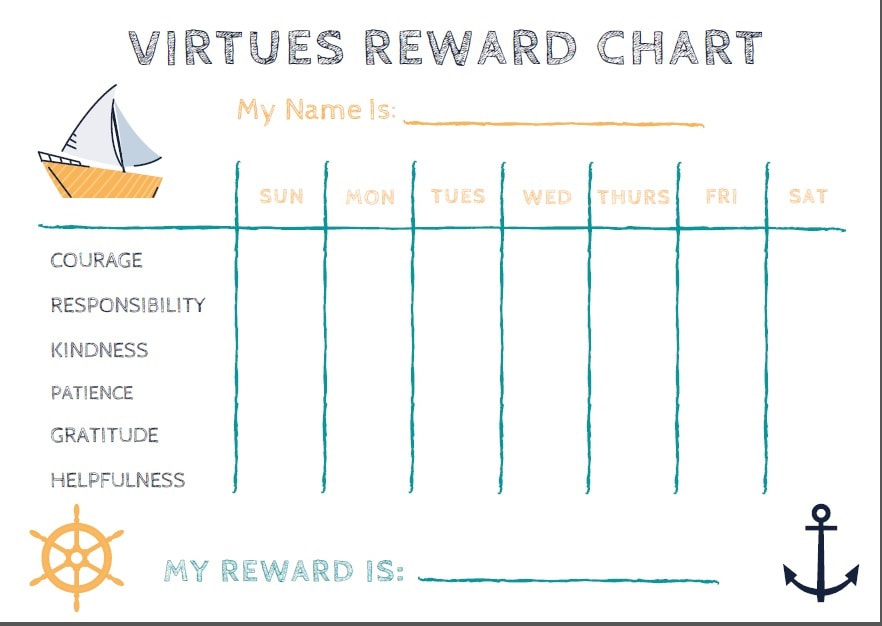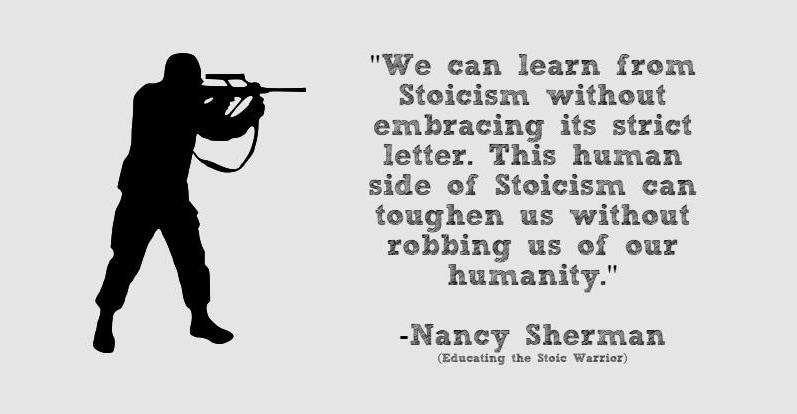The first part of the talk will be looking at what is moral beauty. We'll start with the ancient Stoics and we will fast forward about 1600 years to the Earl of Shaftesbury in England. Then we'll come up to contemporary times. How can we approach moral beauty? What does it mean for us today? And then the second segment of the talk will be some suggestions for how we can cultivate moral beauty today and make our lives more beautiful.
|
This guest post is a transcription of my friend Brittany Polat's talk at Stoicon 2023. It was previously published on Brittany's Substack, Stoicism for Humans, and includes the themes of virtue, moral progress, and Shaftesbury’s views on beauty and nature. I hope you find this very inspirational topic useful in your own life.
The first part of the talk will be looking at what is moral beauty. We'll start with the ancient Stoics and we will fast forward about 1600 years to the Earl of Shaftesbury in England. Then we'll come up to contemporary times. How can we approach moral beauty? What does it mean for us today? And then the second segment of the talk will be some suggestions for how we can cultivate moral beauty today and make our lives more beautiful.
2 Comments
In June I participated in the Power To Care panel at Stoicon X Women: Practical Paths to Flourishing 2021. If you missed it, the whole event is available on YouTube. My panel begins at 1:28:13
During the conference, I mentioned that I use a virtues reward chart for my 6 year old son at home. Since there was a lot of interest in the chart, I created a free printable version for other parents to download, pictured above. You can download and print the virtues reward chart for kids PDF here:
I was recently interviewed by Brittany Polat about the core critical thinking skills necessary for independent thought on her website, Living In Agreement, and how Stoicism can help us to think more clearly about the world.
We discuss logic, being slow to form opinions, having standards of evidence, separating truth from falsehood, being able to accurately evaluate other people's arguments, being open-minded, not being afraid to be wrong, changing your mind in light of better information, thinking with a degree of detachment, (rather than from a dogmatic or emotionally driven mindset) and a knowledge of cognitive bias and group dynamics. Is there any group in which you automatically agree with all the opinions of the group? Are you in any group which views the “opposing” groups as evil, stupid, or weak? If so, some examination of your beliefs is probably in order. I suggest several ways to dig deeper and to think more independently throughout the course of this interview. Books and resources to learn more about critical thinking: https://www.commonsenseethics.com/blo... The Well-Trained Mind book I mention: https://amzn.to/3jLpAHq *affiliate link http://www.triviumeducation.com/study... Support the channel to see even more videos like this: https://www.patreon.com/commonsenseethics?fan_landing=true https://ko-fi.com/commonsenseethics Self-compassion is a common theme in Buddhism, psychotherapy, and various self-help ideaologies. But does it exist in Stoicism? Do Stoics expect themselves to always exercise perfect courage, justice, moderation and wisdom, while considering anything short of this ideal an abysmal failure?
My friend Jonas Salzgeber of NJ Life Hacks noted that self-compassion may be missing from Stoic philosophy when I interviewed him on my YouTube channel. Jonas is right that there certainly seems to be a tendency towards perfectionism in Stoicism. Reading Marcus Aurelius' Meditations, one would get the impression that Marcus was an awfully dour guy who beat himself up when he fell short of the ideal of the Stoic Sage. But in spite of a strong tendency towards the perfectionism of the Sage, I believe that self-compassion is actually present in Stoicism, and that such self-compassion can give us strength and perspective.
I'm happy to publish this guest post on the modern Stoic Renaissance by Piotr Stankiewicz, Ph.D., an author and teacher affiliated with the University of Warsaw. He authored a bestselling Polish handbook on Stoicism (“Sztuka życia według stoików”) which he is working on making available in English. He advances Stoic and non-Stoic agendas in his native Polish.
*Update 2022: Since this post was published 5 years ago, there have been numerous comments on it. I would like to make very clear that first, the author is himself a modern Stoic, and second, that he intended this post to be somewhat humorous. You may love it or hate it, but do understand that this post is not supposed to be solemn and serious: The problem of how Stoicism can be applied to contemporary life is not an easy one - there is no wide consensus. The question marks are plenty and easy solutions are nowhere to be found. People explore the Stoic possibilities of the 21st century in a plethora of ways and we can run into a great many types of modern Stoics out there. Thus, here is a travel companion, a short list of fellow Stoics. It’s by no means exhaustive, since I was only able to describe the paths I’ve travelled myself. And this allows a bit of (nonstoic?) exaggeration and humor – since it’s all on no one else but me. So, what types of modern Stoics do we have? |
Don't Miss A Post!Sign up to receive updates and special announcements! Thank You For Subscribing to Common Sense Ethics!You have successfully joined my email list. About Me:Thank you for your interest in Common Sense Ethics! I'm Leah, a librarian and freelance editor with a background in history and philosophy.
Most Popular Blog Posts:3 Unpopular (But Likely Correct) Opinions According to Cicero Download My Stoic Printables For Tough Days:
Watch Common Sense Ethics On YouTube:
|
||||||













